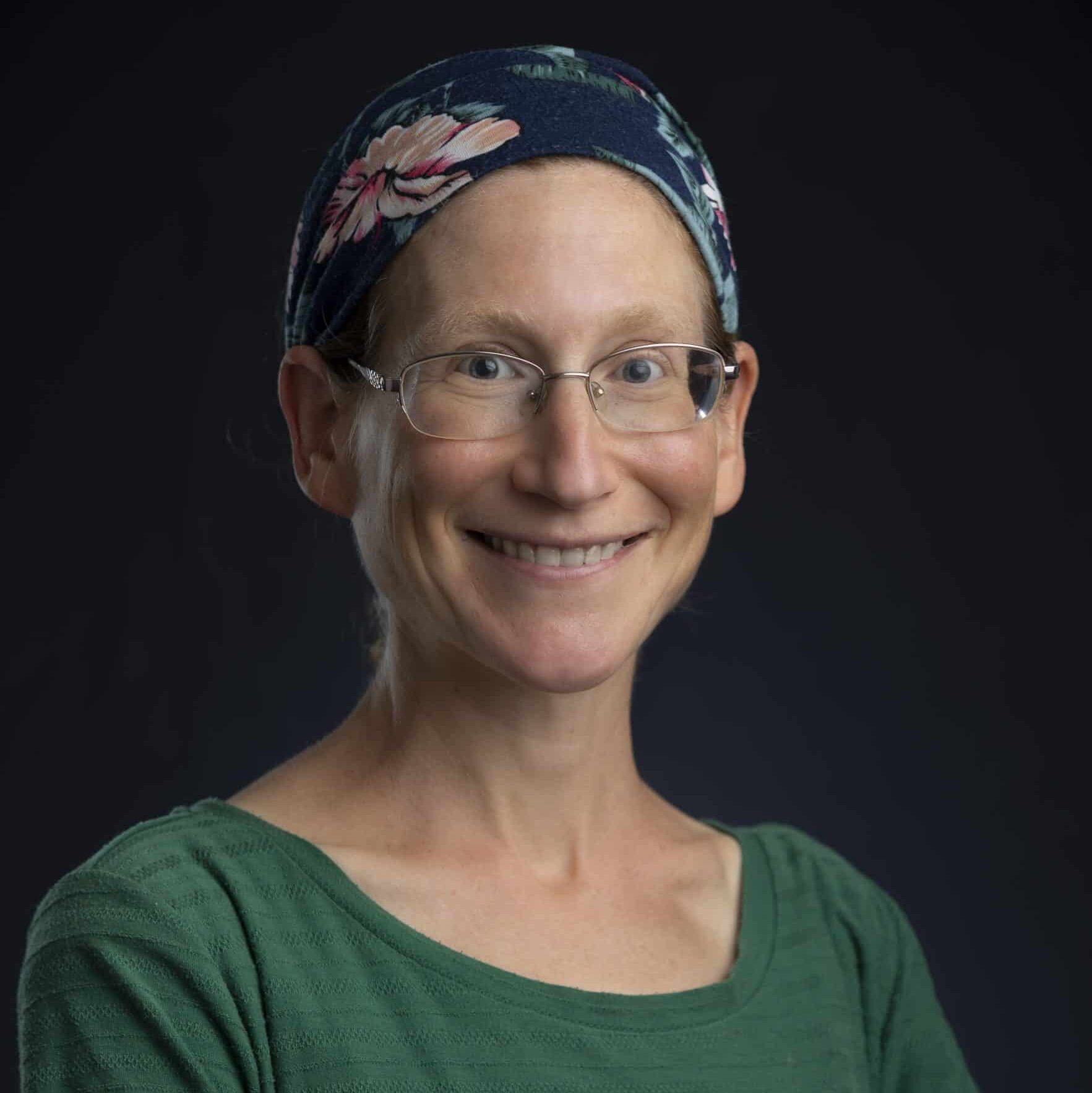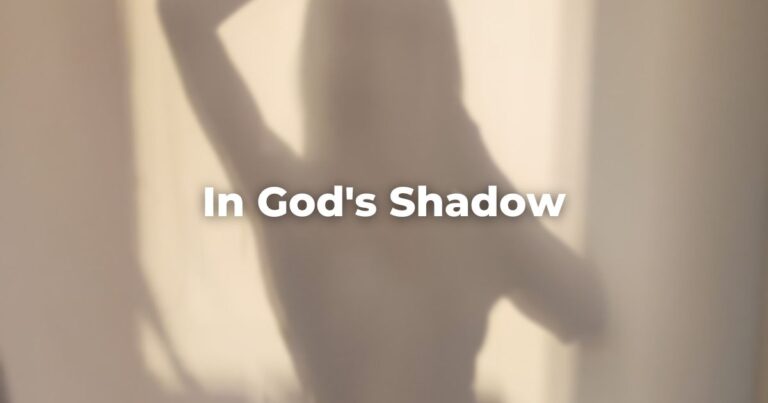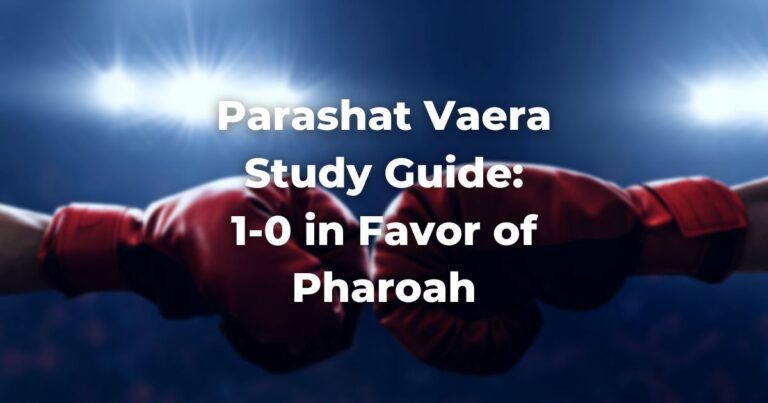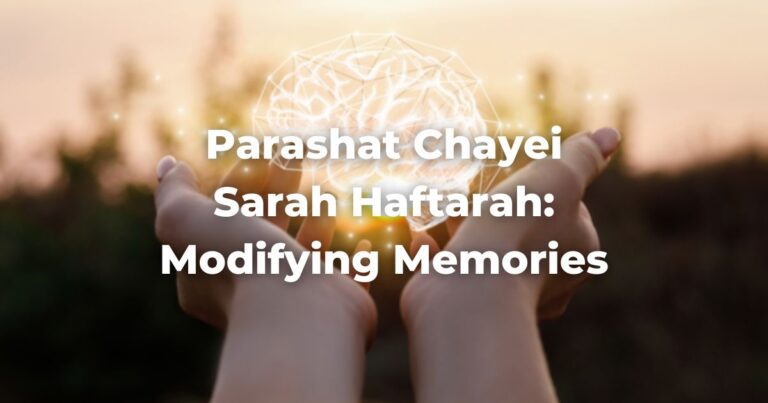This week’s parashah describes the appointment of seventy elders to help judge the people.
Installation of the Prophetic Spirit
As God tells Moshe, “I will draw upon the spirit that is on you and put it upon them,” so that the elders will share the burden of the people with Moshe (Numbers 11:17). The elders are brought to the Tent of Meeting and instilled with the prophetic spirit.
Immediately following this episode, the TorahRefers to the first five books of the Hebrew Bible, the Tanakh, also called the Five Books of Moses, Pentateuch or the Hebrew equivalent, Humash. This is also called the Written Torah. The term may also refer to teachings that expound on Jewish tradition. Read more tells of two men, named Eldad and Meidad, who did not go to the Tent of Meeting but remained in the camp, where they too began to prophesy.
Who are Eldad and Meidad, and what is their relationship to the seventy elders? How do the people’s leaders respond to their prophesying, and what can their response teach us about the way in which we impart and share our gifts with others?
Choosing the Elders, the Lamps Give Light
The TalmudReferring to one of two collections, the Jerusalem and Babylonian Talmuds, edited in the 6th century, that contains hundreds of years of commentary, discussion, and exploration of the ideas in the Mishnah. One could describe it as Mishnah + Gemara = Talmud Read more in tractate Sanhedrin (17a) discusses this episode in the context of the establishment of courts of law.
The rabbis explain that when God told Moshe to appoint seventy elders, Moshe found himself faced with a problem. If he failed to choose the same number of elders from each tribe, he would cause envy among the tribes. Were he to choose five elders from each of the twelve tribes, he would be short ten elders; were he to choose six, he would have two extras. Moshe opted to select six from every tribe and perform a lottery to weed out the extra two. He brought seventy-two slips of paper and wrote “elder” on seventy of them, leaving two blank.
Ultimately, though, the lottery proved unnecessary, because two individuals remained in the camp and did not participate; they were Eldad and Meidad, who, as we have seen, were gifted with prophecy nonetheless.
The Talmud explains that Eldad and Meidad recused themselves from the lottery because they did not consider themselves worthy of being included among the elders. On account of their humility, God rewarded them with even greater prophetic gifts.
Unlike the seventy elders, who prophesied “but did not continue” (Numbers 11:25), Eldad and Meidad’s prophecy was ongoing. The Talmud adds that at least according to one opinion, their prophecy foretold Moshe’s death and Joshua’s succession. No wonder, then, that Joshua became so disquieted by this episode.
The Torah relates that a certain young man, upon hearing Eldad and Meidad prophecy, ran to report this development to Moshe.
When Joshua heard this report, he spoke up anxiously, “My lord Moshe, restrain them!” (Numbers 11:28).
But Moshe patted Joshua on the head, as it were, and explained to him, “Are you wrought up on my account? Would that all the Lord’s people were prophets, that the Lord put his spirit upon them” (Numbers 11:29). Joshua, the young heir to Moshe’s leadership, is concerned about the usurping of Moshe’s prophetic role.
But Moshe, who never sought out his role, and, in fact, went to great lengths to avoid it—he hid his face from God at the burning bush, and begged God to choose someone else in his stead (see Vayikrah Rabbah 1:5)—has a very different reaction.
As he sees it, the more people God’s spirit rests upon, the better.
The midrashThis word is used in two ways, as both a concept and a literature. As a concept, midrash is the expansive interpretation of biblical texts. The term is used to describe the practice of rabbinic interpretation. As a text, it refers to specific collections of interpretations, particularly from the third to ninth centuries in the Land of Israel and Babylonia. Plural: Midrashim
Read more on our parashah (Tanchuma Bemidbar 3.22) questions why Moshe did not share Joshua’s concern that Eldad and Meidad, and, in fact, all the elders, might diminish or dilute Moshe’s prophetic gifts. After all, as the Torah teaches, God “drew upon the spirit that was on Moshe and rested it on the seventy elders” (Numbers 11:25).
If these elders received some of Moshe’s prophetic spirit, surely that meant Moshe would have less of that prophetic spirit himself.
The Lamp Gives Light
But as the midrash poetically explains, this was not the case: “To what may Moshe be compared? To a lamp which was burning. Everyone lights up from it, but its light is in no way diminished.” Just as one lamp does not lose any of its brightness when another lamp is kindled from it, so too did Moshe not lose any of the divine spirit instilled within him—their lamps give light.
Rather than Moshe growing dimmer, the world became more radiant.
Elsewhere in the midrash (Shir HaShirim 1:3), Rabbi Akiva invokes this same metaphor to describe his experience of studying Torah from his teachers. He is in fact responding to his own teacher, Rabbi Eliezer, who has just declared that although he has learned so much Torah, it is only a fraction of all the Torah out there in the world.
As Rabbi Eliezer puts it, “Even if all the seas were ink and all the reeds were pens and the heaven and earth were scrolls, and all of mankind were scribes, they would not suffice to write the Torah which I have learned; and yet I have diminished no more from it than a man would take by dipping a vial in the sea.” Rabbi Akiva hears his teacher’s metaphor and chooses to modify it somewhat: “I have taken no more from Torah than one who smells an etrog. He who smells, enjoy it, while the Etrog loses nothing. Or than one who fills his pitcher from a watercourse, or who lights one lamp from another.”
Joshua, like Rabbi Eliezer, has a sense of finitude.
If the elders are also prophesying, then surely there will be less of a need for Moshe. If he dips his vial in the sea of Torah, there will be less Torah out there for the taking. But Moshe, like Rabbi Akiva, has a more expansive understanding. The more of God’s people who prophesy, the more the world will be filled with God’s word. The more Torah we study, the more the world will be illuminated by Torah and redolent of its fragrance.
It takes tremendous humility and generosity of spirit to view the world like Moshe or Rabbi Akiva.
Not everyone can recognize that by sharing our gifts with others, we are in fact amplifying and intensifying those gifts. Many of us mistakenly think that if others can preach or perform as well as we can, then we will no longer shine as bright. Parashat Beha’alotcha teaches us otherwise.
“When you raise up the lamps,” God instructs Moshe to tell Aaron in the opening verses, “let the seven lamps give light” (Numbers 8:2). Moshe, who shares these words with Aaron, knows very well about sharing his prophecy with others and allowing each light to burn bright.
His words remind us that all our gifts come from God.
We should not be seeking to highlight or spotlight ourselves, but to use our God-given talents to amplify and replenish the brightness of the luminous world around us.
See more: Parashat Behaalotcha
Originally posted as part of the Conservative Yeshiva at the Fuchsberg Jerusalem Center’s Torah Sparks. Support Torah learning from the Fuchsberg Jerusalem Center/Conservative Yeshiva for leaders and seekers around the world here.
Authors
-

Ilana Kurshan teaches Talmud at the CY. She is the author of If All the Seas Were Ink (St. Martin’s Press, 2017) and Why is This Night Different From All Other Nights (Schocken, 2005). She has a degree in History of Science from Harvard and in English literature from Cambridge, and has worked in literary publishing both in New York and in Jerusalem – as a translator, a foreign rights agent, and as the Books Editor of Lilith Magazine. Since October 2020, Ilana has been a regular contributor to Torah Sparks, FJC’s weekly parashat hashavuah blog.
View all posts -



The Fuchsberg Jerusalem Center (FJC) is a home in the heart of Jerusalem where leaders and seekers can find an authentic place in Jewish tradition to call their own. FJC offers opportunities to study, pray and explore within an egalitarian and inclusive setting, creating multiple pathways for finding personal and communal meaning.
View all posts






